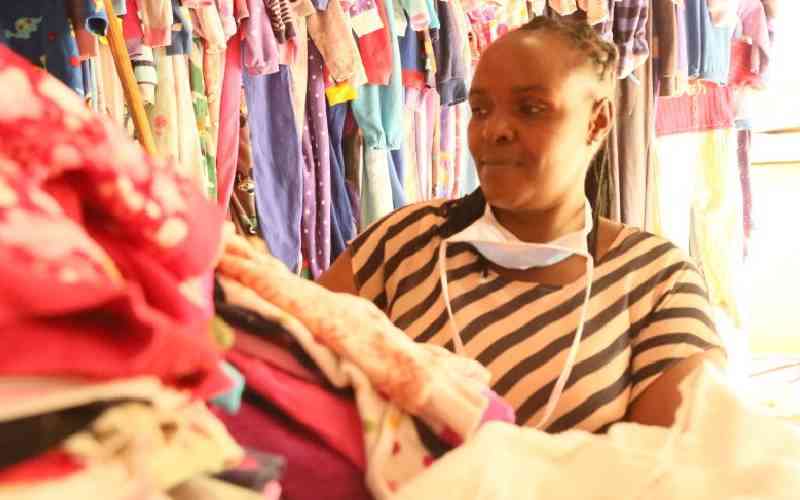×
The Standard e-Paper
Stay Informed, Even Offline

The argument that second-hand clothes suppress the growth of the local textile sector has been debunked in a new report published by the Mitumba Consortium Association of Kenya.
The report noted that there is no evidence to ascertain this claim which has been a subject of heated debate in the country.